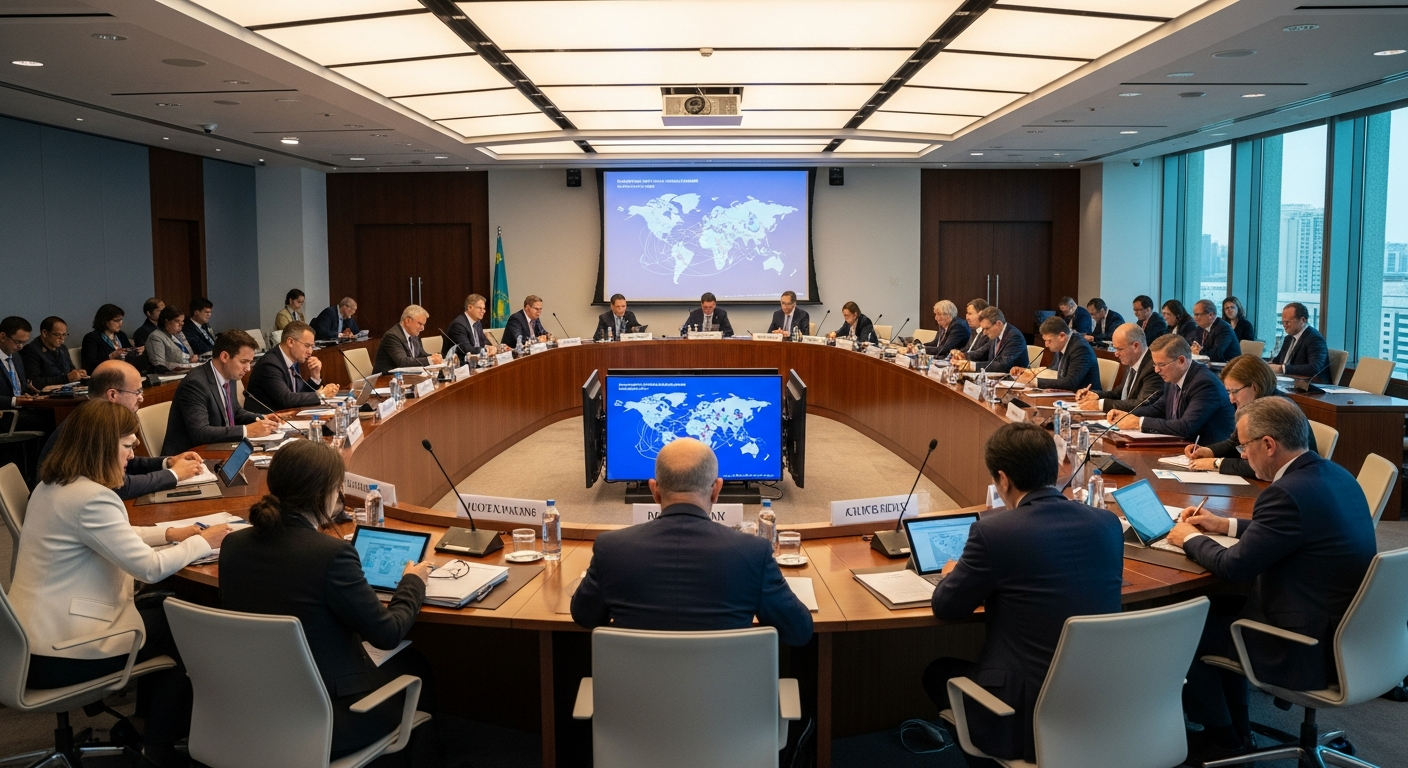Ephemeral Friendships: The New Social Currency
In a world of fleeting connections and digital networks, a curious phenomenon is reshaping our social landscape. Ephemeral friendships, once considered shallow or insignificant, are now emerging as a powerful force in modern society. These temporary bonds, formed quickly and often dissolving just as fast, are challenging traditional notions of relationships and redefining how we interact, connect, and find meaning in our increasingly transient lives. Read below to explore the rise of ephemeral friendships and their profound impact on our social fabric.

The Sociology of Fleeting Connections
At the heart of ephemeral friendships lies a fundamental shift in how we perceive and value social connections. Traditionally, friendships were seen as long-term investments, built on shared histories and sustained through regular interaction. However, in our fast-paced, globally connected world, the nature of these relationships is evolving. Sociologists argue that ephemeral friendships reflect a broader cultural shift towards flexibility, adaptability, and instant gratification.
These temporary bonds often form in specific contexts or around shared interests, allowing individuals to connect deeply, albeit briefly. Whether it’s bonding with strangers at a concert, forming a temporary community during a volunteer project, or engaging in intense online discussions, these fleeting connections can be surprisingly meaningful. They offer a sense of belonging and shared experience without the long-term commitment traditionally associated with friendship.
The Digital Catalyst
The rise of social media and digital platforms has undoubtedly accelerated the trend of ephemeral friendships. These technologies have expanded our social circles exponentially, allowing us to connect with people across geographical and cultural boundaries. However, they’ve also created an environment where relationships can be formed, maintained, and dissolved with unprecedented ease.
Apps and platforms designed for temporary interactions, such as Snapchat with its disappearing messages or Twitter with its real-time conversations, have normalized the concept of fleeting connections. These digital tools have created a culture where constant social renewal is not only possible but often expected. The result is a social landscape where individuals can curate a constantly changing network of connections, each serving a specific purpose or fulfilling a particular need at a given moment.
The Psychology of Temporary Bonds
Understanding the psychological impact of ephemeral friendships is crucial to grasping their societal significance. Research suggests that these short-term connections can have surprisingly positive effects on mental well-being. They offer novelty and excitement, which can boost mood and stimulate cognitive engagement. Moreover, the low-stakes nature of these relationships can reduce social anxiety and allow individuals to express themselves more freely.
However, the prevalence of ephemeral friendships also raises concerns about the depth and quality of our social connections. Some psychologists worry that the ease of forming and discarding relationships might lead to a decreased ability to maintain long-term, meaningful bonds. There’s a risk that individuals might become accustomed to superficial interactions, potentially impacting their capacity for emotional intimacy and commitment in other areas of life.
Redefining Community in the Age of Transience
As ephemeral friendships become more common, they’re reshaping our understanding of community. Traditional communities, often based on geographical proximity or long-standing social structures, are being complemented or even replaced by fluid, interest-based groups. These new communities form rapidly around shared experiences or causes and can dissolve just as quickly once their purpose is fulfilled.
This shift has profound implications for social cohesion and collective action. On one hand, it allows for rapid mobilization around specific issues or events, as seen in the organization of flash mobs or online activist movements. On the other hand, it raises questions about the sustainability of social support systems and the long-term impact on civic engagement. As our social connections become more transient, how do we maintain a sense of belonging and responsibility to our broader community?
The Future of Friendship
As we look to the future, it’s clear that ephemeral friendships will continue to play a significant role in shaping our social landscape. The challenge lies in finding a balance between the benefits of these fleeting connections and the need for deeper, more sustained relationships. Sociologists and psychologists alike are exploring ways to harness the positive aspects of ephemeral friendships while mitigating potential negative impacts on social cohesion and individual well-being.
One emerging trend is the concept of intentional ephemeral communities, where individuals consciously engage in temporary but meaningful connections. This approach recognizes the value of short-term bonds while encouraging participants to fully immerse themselves in the experience, fostering a sense of presence and authenticity often lacking in casual digital interactions.
As society continues to evolve, so too will our understanding and practice of friendship. Ephemeral friendships, far from being a fleeting trend, are likely to become an integral part of our social repertoire. By embracing the fluidity and diversity of these connections, while also nurturing our capacity for deeper, long-term relationships, we can create a richer, more adaptable social fabric that meets the complex needs of our modern world.





